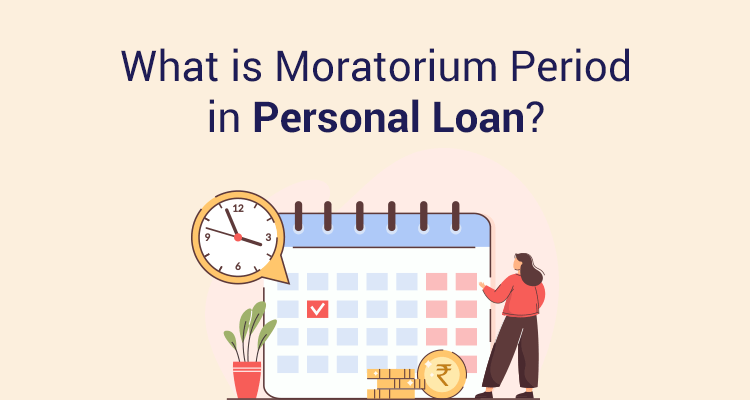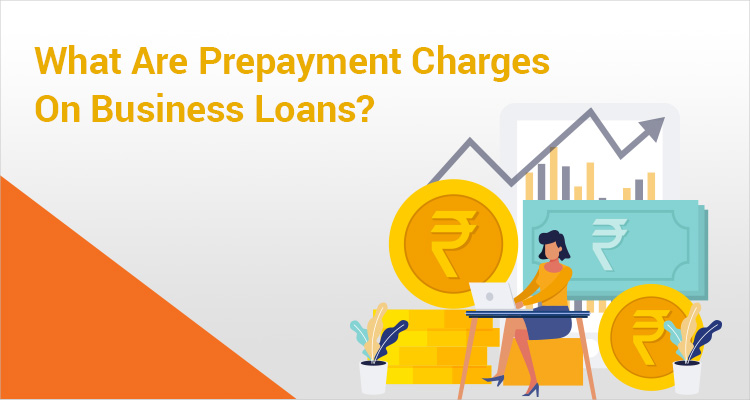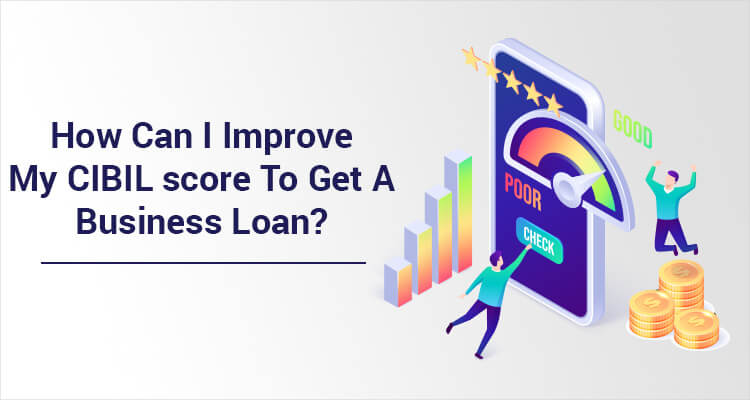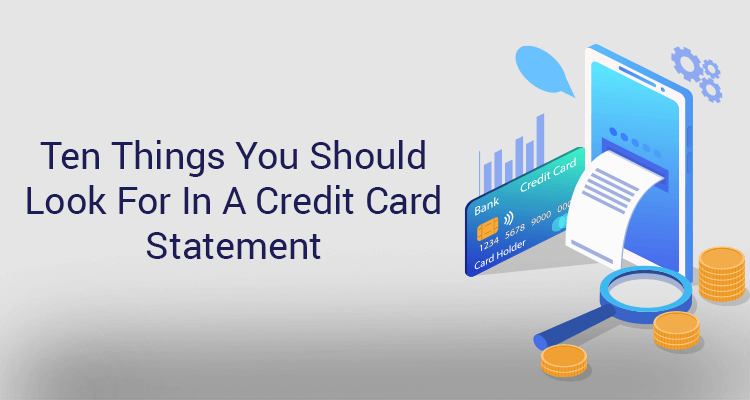What Is Moratorium Period In Personal Loan?
Table of Contents
A personal loan can be availed for a variety of purposes and generally requires little documentation and no collateral. Personal loans can help people in various circumstances. A loan can help to fund children's education, marriage of a family member, or a foreign trip. Loans also come in handy in difficult situations, whether it is an unplanned medical expense or urgent home repairs.
Like any other loan, personal loans must be repaid in accordance with the terms of the debt. However, what happens if the borrower is not able to repay the loan? In such situations, the borrower might request the lender for a moratorium.
Moratorium Period
A loan moratorium is a period during the loan when the borrower does not have to pay equated monthly installments (EMIs) on the loan. Some loans like education loans have a moratorium period built into the credit agreement.
Ordinarily, a borrower begins making payments on the EMI the month after the loan has been disbursed and continues to do so until the loan is fully repaid. However, in a moratorium period, the borrower is not required to pay the EMI for that period. The point of a moratorium period is to allow the borrower some time to be financially stable before restarting to pay back the loan.
Moratoriums may be used by the government or the Reserve Bank of India in times of wider financial emergency to alleviate the financial strain on those who need it. For example, following the national lockdown for COVID-19 in 2020, the RBI allowed lenders to grant a six-month delay on making installment payments on term loans.
Loans Where Moratorium Is Generally Allowed
Loans for education, housing, and agricultural purposes are generally allowed moratorium periods by banks and non-banking financing companies (NBFCs). This option is designed to assist borrowers who might not be able to pay the EMI during the loan’s initial period due to various constraints.
In the case of education loans, students will have to finish their studies and get a job before they can start repaying the loan. Some lenders offer special schemes where housing loan repayments may not start until the buyer owns the property to alleviate the financial strain of repaying the loan and paying rent. Farmers need to sell their crops before they can start repaying loans for seeds, fertilizer and other equipment.
Personal loans don’t innately have moratorium periods. However, they could be granted on case-to-case basis at the discretion of the lender.
Pros and Cons Of Moratorium
Moratorium periods can offer borrowers reprieve during difficult circumstances. It enables debtors to avoid defaulting on loans and gives them the breathing space they need to be able to continue EMIs and eventually repay the loan in the future.
However, moratorium periods just delay debt repayments until a later date and do not waive the loan. The interest which is accrued during the moratorium period might even be added to the loan. This would increase the time period and the amount of interest paid on the loan.
Conclusion
Loan moratoriums provide a temporary relief to borrowers and can be a useful tool in case of an emergency. It prevents a loan from being classified as a default and delays interest and principal payments of the loan.
One must weigh the pros and cons before opting for a moratorium on personal loans. While it helps to reduce the financial stress on the borrower in the short term, a moratorium will increase the interest burden and lengthen the period of the loan.
Disclaimer : The information in this blog is for general purposes only and may change without notice. It does not constitute legal, tax, or financial advice. Readers should seek professional guidance and make decisions at their own discretion. IIFL Finance is not liable for any reliance on this content. Read more




